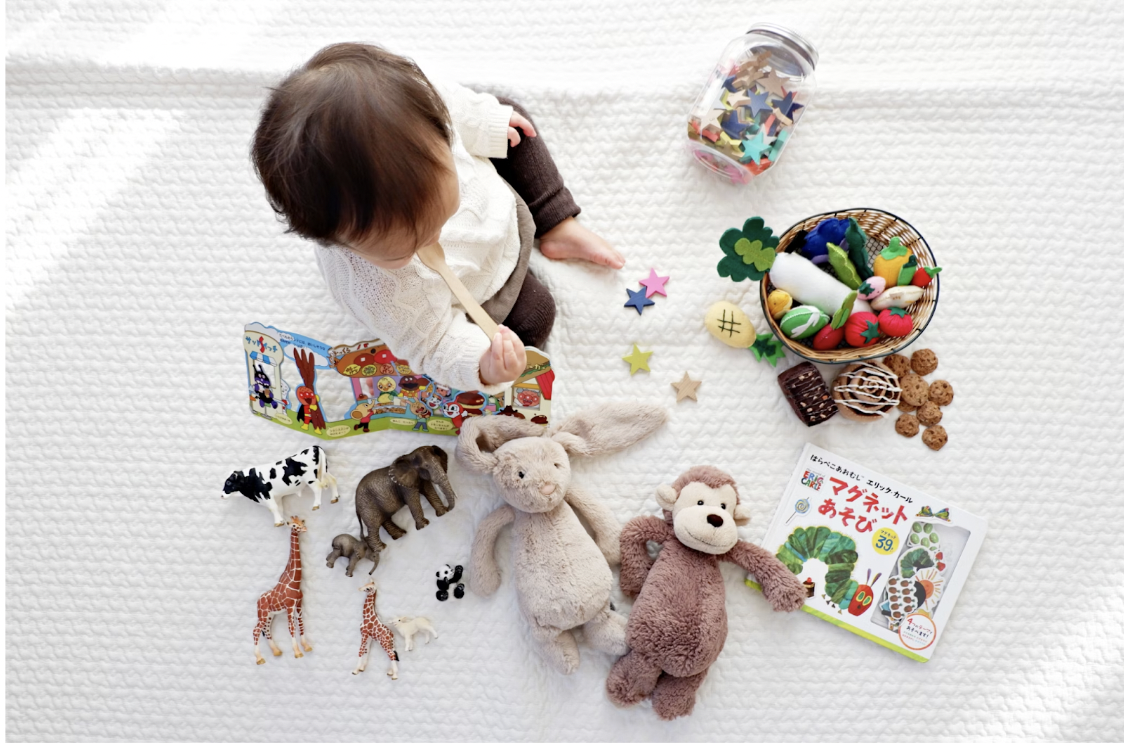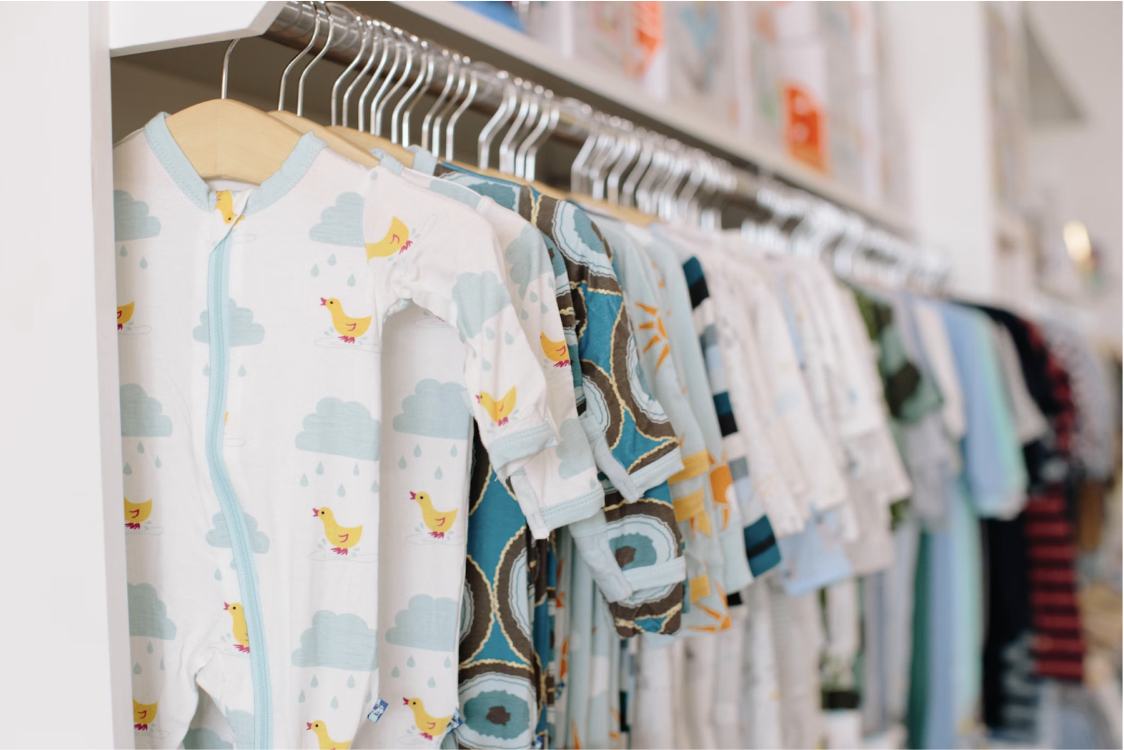Buying Baby Necessities: Practical Tips on Saving Money

Welcoming a new addition to the family is a joyous occasion, accompanied by a whirlwind of emotions and preparations. For many new parents, the prospect of purchasing all the essential baby items can be daunting, especially when trying to stick to a budget. The market is flooded with an array of products, each claiming to be the best or most necessary. This post aims to provide practical, financial-saving strategies without compromising on quality or safety. Whether you’re a parent-to-be or you know someone who is expecting, these tips are valuable nuggets of wisdom that can make a tangible difference, not only for your newborn but for your wallet too.
Leverage Coupon Discount Codes
One of the simplest yet often overlooked methods of saving on baby necessities is couponing. In the digital age, traditional paper coupons have evolved into online discount codes, making savings more accessible than ever. Many baby stores offer newsletter sign-up discounts or alert members about flash sales. Additionally, there are numerous coupon discount codes websites and browser extensions solely focused on saving parents money. Prioritizing this method can lead to significant savings, particularly on items that need to be restocked frequently like diapers, wipes, and formula. It's as easy as signing up, clicking a button, and watching the savings add up.
Buy in Bulk
Buying in bulk has long been a go-to strategy for cutting costs. When it comes to baby necessities, this principle holds particularly true. Diapers, for instance, are a constant need. By purchasing larger packs, you not only save money long-term but also minimize the number of shopping trips. Online retailer subscriptions and bulk-specific stores can offer competitive prices that, over time, translate to substantial savings. For items that have a long shelf-life, such as baby lotion or wash, bulk buys further reduce the unit cost and ensure you’re well-stocked.
Opt for Multi-Functional Products
The concept of multi-functional products applies well in the baby domain. Consider items that serve multiple purposes and can adapt as your child grows. Convertible cribs, for example, transform from bassinet to cribs and then to toddler beds, extending their lifespan in your home. High-quality reversible strollers that accommodate various terrains can negate the need for multiple prams. The key here is to invest upfront in items that offer versatility, even if the initial cost is higher than single-function products. In the long run, you'll spend less by needing to make fewer replacements or upgrades.
Accept Hand-Me-Downs and Shop Secondhand
Babies outgrow their clothes, toys, and gear at an astonishing pace. This presents an opportunity to both give and receive gently-used items. Many families are willing to part with items their children have outgrown, and a request to relatives, friends, or parents from a local community group can yield a treasure trove of hand-me-downs. Thrift stores and online marketplaces also offer secondhand items at a fraction of the retail price. Ensuring that these items meet safety standards by checking for recalls and wear-and-tear is essential, but the cost-saving and sustainability benefits make this a practice worth considering for any new parent.
Wait for Sales Events
Timing can be everything when it comes to making major purchases. Sales events such as Black Friday, Cyber Monday, or seasonal clearances can offer significant discounts on high-ticket baby items. Keeping an eye on sales calendars can help you plan to make your purchases when they are most wallet-friendly. This strategy is a balance of patience and preparation, but the savings can be highly rewarding. In addition to annual sales, many retailers have semi-annual or quarterly sales, so knowing when these take place is crucial.

DIY When Possible
The do-it-yourself (DIY) approach is not just a hobby; it can also be a money-saver. From making your own baby food to crafting simple toys, there are countless ways you can reduce costs by creating items at home. Baby food makers come with a hefty price tag but blending your own fruits and veggies doesn’t. Similarly, parents can fashion play gyms or sensory toys from household items, providing unique and personal experiences for their little ones at a fraction of the cost. While not every item can be effectively DIYed, even a few homemade items can add up to substantial savings over time.
In navigating the world of baby product purchasing, the overabundance of choices and the push for buying the 'latest and greatest' can be overwhelming. However, with these money-saving strategies, you can approach the task of preparing for your baby in a financially smart and savvy way. Parenthood is a marathon, not a sprint, and taking the time to make informed purchasing decisions today can lead to a more secure financial future for your growing family. Remember, your little one doesn’t need a nursery chock full of the priciest gadgets and baby gear—your love and care are what truly matter.






